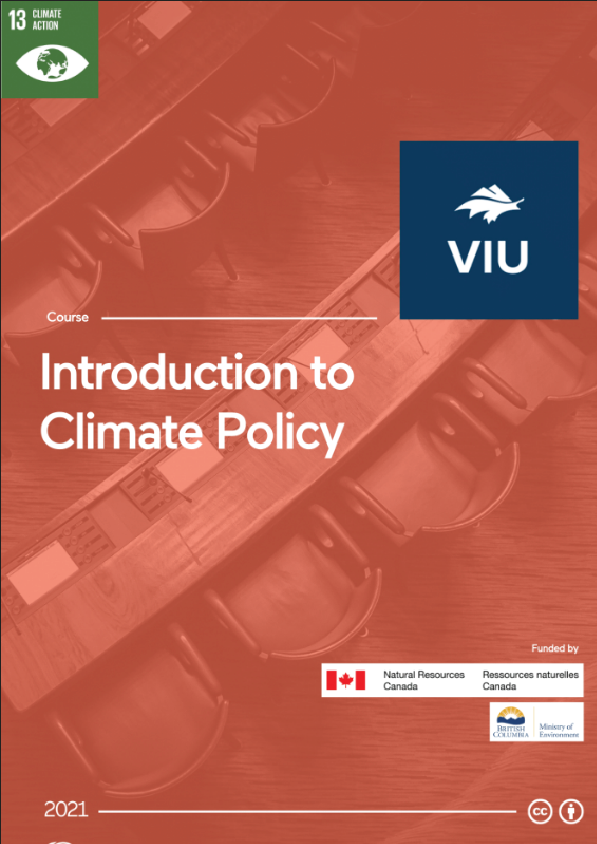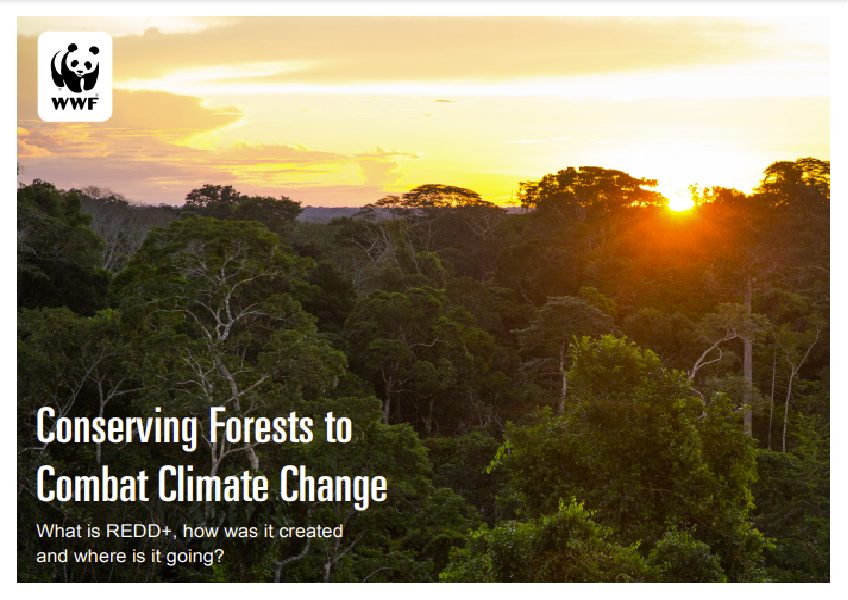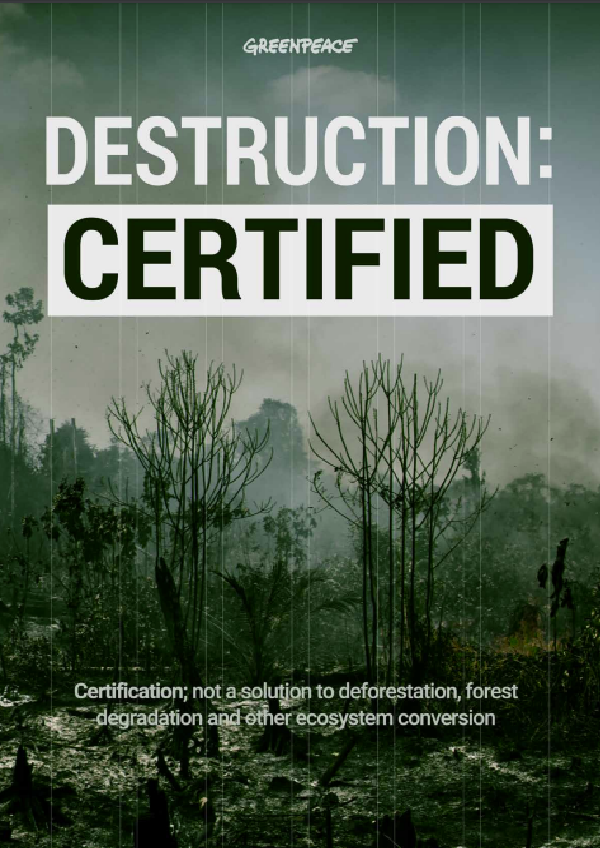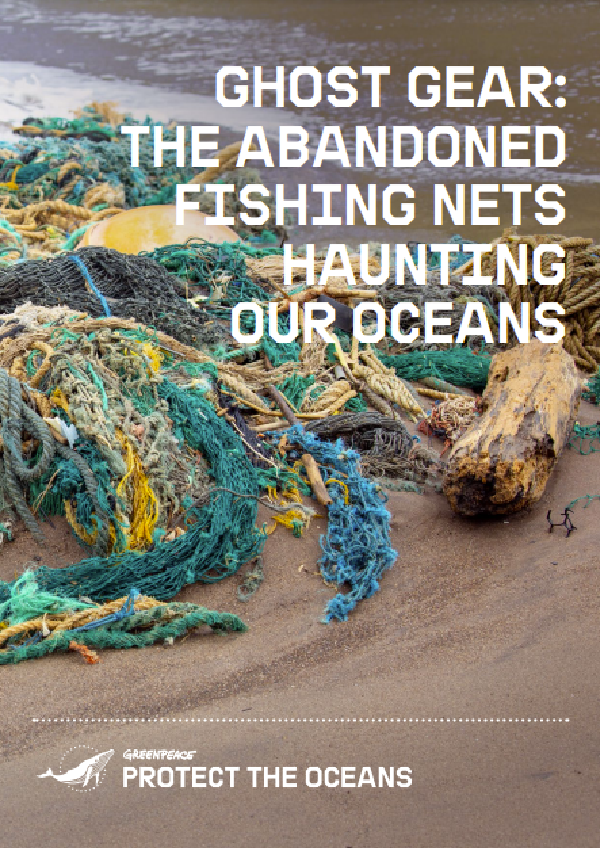Welcome to the ‘Introduction to Climate Policy for Climate Adaptation Professionals’ course, which is part of the Adaptation Learning Network initiative. The overall initiative is focused on building the capacity of professionals in a number of fields to address climate adaptation issues, by offering courses through our network of BC post-secondary institutions. This particular course is focused on climate adaptation policy.
CLIMATE ADAPTATION can be defined as: “Anticipating the adverse effects of climate change, taking appropriate action to prevent or minimize the damage they cause to human and natural systems, and taking advantage of opportunities that may arise”. (Adapted from Intergovernmental Panel on Climate Change and European Commission definitions)
LEARNING OUTCOMES:
Upon successful completion of this course you will be able to:
- DIAGNOSE why different climate change adaptation policies are needed in different circumstances (Module 1,2)
- INTERPRET climate change policy in terms of its role in mitigation or adaptation (Module 1)
- Use climate change scenarios to PREDICT future changes that suggest the need for new or better climate change adaptation policy tools (Module 1,2)
- RECOMMEND appropriate climate change adaptation policy tools for a variety of professional and planning needs (Module 2,3)
- Critically EVALUATE whether existing climate change adaptation policy is sufficient for professionals and planners in BC (Module 2,3)
- APPLY climate change policy knowledge to real life examples in professional and planning contexts (Module 4)
COURSE LAYOUT:
There are FOUR content modules in this course. Each contains a variety of learning activities, discussions, and reading material. This course is asynchronous, meaning you can complete it on your own time.
Modules 1 and 2 focus on what climate change adaptation policy is, why we need it, available tools, and and important actors. Module 3 offers opportunities to learn and apply policy in specific settings, depending on your role. Module 4 is a capstone learning activity for the whole class, in which you can think about how you will use this information in the future.
WHY DOES THIS MATTER?
Climate change adaptation requires expertise from many perspectives. The ALN is committed to connecting people, professional interests, and regions to advance skills, knowledge and solutions.
JOIN THE NETWORK
To join the network, sign up for our monthly newsletter here, and follow us on social media (Twitter, LinkedIn) to get adaptation news and hear about our latest course offerings and events.
Adapting to climate change is important in order: to protect people, communities and livelihoods on a day-to-day basis, to reduce vulnerability, and to build resilience. This allows all of us to thrive amidst the consequences of a changing climate.
In your sector, (whether as engineers, hydrologists, agrologists or in another profession), your day-to-day activities largely take place within a policy framework of some kind, whether legislative, regulatory, or in the form of guidelines.
Whether you are aware of it yet or not, you are also working within the climate change policy space. This policy space can include frameworks as high level and voluntary as, for example agreements made by Canada to participate as a member country in the international Intergovernmental Panel on Climate Change (ipcc.ch), or as locally based as a Climate Adaptation chapter in a BC municipality’s Official Community Plan (OCP).











